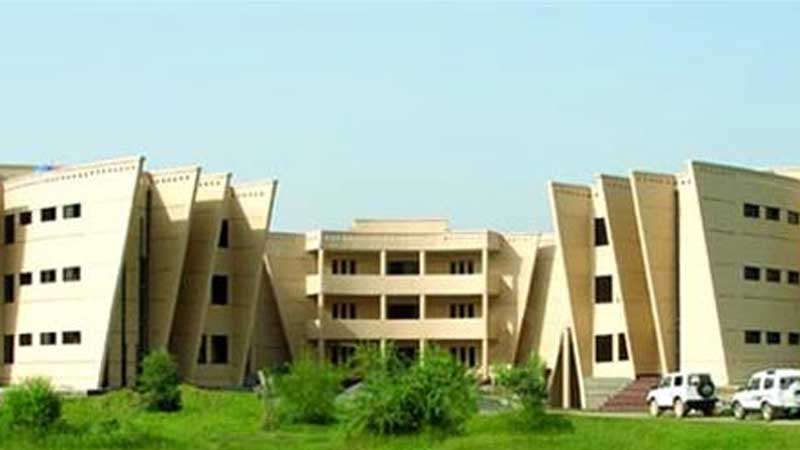
The seminar titled ‘Developing Antibiotics Resistance in Bacteria & Poster Contest’ was organized by Hayatian Society of Biochemistry & Biotechnology. Pro Vice-Chancellor Prof. Dr Muhammad Faheem Malik was invited as chief guest with Chairperson
Department of Biochemistry & Biotechnology Dr Nadia Zeeshan in the chair. Nawaz Sharif Medical College (NSMC) Pharmacologist Dr Syed Ehtesham Haider and Laboratory Demonstrator Awais Asif threw ample light on the progress so far in developing effective medicines for various diseases caused by bacteria.
“Humans have long been fighting a battle against various diseases. Taking antibiotics too often or excessively is very dangerous for human health so much so that the bacteria residing in the human body develop resistance and eliminate the efficacy of these drugs,” Dr Faheem said.
According to experts, the current generation of antibiotics will be no more effective in treating bacterial infections by 2025. Dr Syed Ehtesham said certain genetic changes in the human body turn bacteria antibiotic-resistant. He said there are about two million bacteria in the human body. Some help prevent diseases while others cause infections and spread diseases.
Awais Asif said that bacteria attack our white blood cells and weaken the immune system. “The growing bacterial resistance causes about 23000 deaths worldwide every year,” he said.
A poster contest exhibition on bacterial resistance was organized on the sideline of the seminar by 7th-semester students. Dr Faheem Malik, flanked by Dr Nadia Zeeshan and other senior academics gave away certificates to winners of the contest. Maryam Nawaz, Maria Siddique, and Hamza Ahmad were declared first, second and third respectively.











